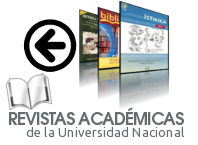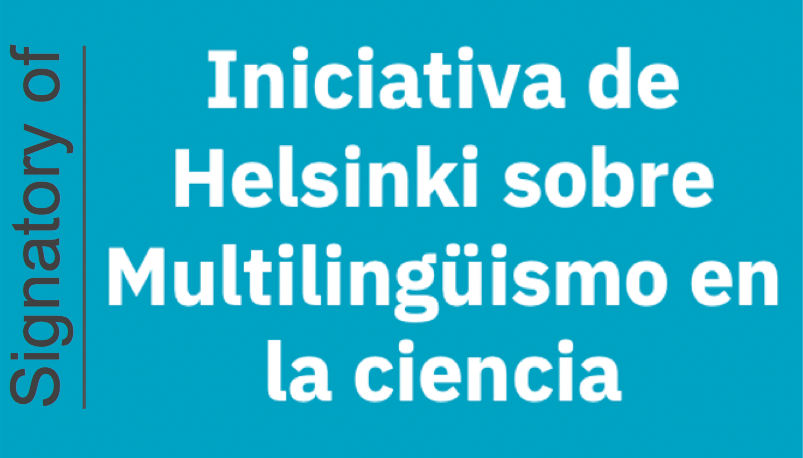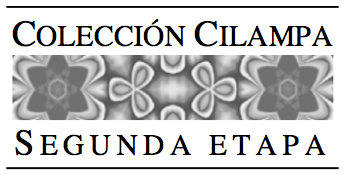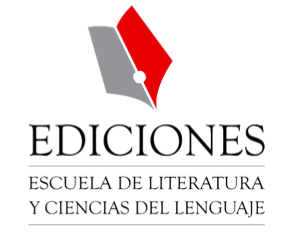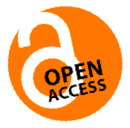El enriquecimiento del aprendizaje y de la adquisición mediante la lectura extensiva
DOI:
https://doi.org/10.15359/rl.1-69.6Palabras clave:
lectura extensiva, aprendizaje, lengua, lectura placentera, competencia lingüística, factores motivacionalesResumen
Se explica cómo se utilizó la lectura extensiva en los cursos de lectura con estudiantes de segundo año en el Bachillerato en Inglés y Bachillerato en la Enseñanza del Inglés en la Universidad Nacional (Heredia, Costa Rica), para mejorar su competencia lingüística. Para su puesta en ejecución, se organizó el tiempo y las actividades centradas en el alumno, con el fin de que escogieran las lecturas para su uso individual.
Referencias
Bamford, Julian and Richard R. Day. “Top Ten Principles for Teaching Extensive Reading,” Reading in a Foreign Language 14, 2 (2002): 136-141.
Day, Richard R. and Julian Bamford. Extensive Reading in the Second Language Classroom. New York: Cambridge University Press, 1998.
Day, Richard R. and Julian Bamford. “Extensive Reading in the Second Language Classroom,” RELC Journal 29, 2 (1998): 187-191. DOI: https://doi.org/10.1177/003368829802900211.
Ewert, Doreen. “The Effects of Extensive Reading on Adult Reading Behavior and Proficiency in an Intensive English Program,” Extensive Reading World Congress Proceedings 1 (2012): 141-144.
Ewert, Doreen. Extensive Reading ER Workshop. (Heredia, Costa Rica, June 20-21, 2018).
Fauzi, Iwan. “The Effectiveness of Skimming and Scanning Strategies in Improving Comprehension and Reading Speed Rates for the Students of English Study Program,” Register Journal 11, 1 (2018): 101-120. DOI: 10.18326/rgt.v11i1.101-120.
Hulstijn, Jan H. “Theoretical and Empirical Issues in the Study of Implicit and Explicit Second-Language Learning,” Studies in Second Language Acquisition 27, 2 (2005): 129-140. DOI: https://doi.org/10.1017/S0272263105050084.
Kelly, Louis. 25 Centuries of Language Teaching. Rowley, MA: Newbury House Publication, 1969.
Krashen, Stephen. Second Language Acquisition and Second Language Learning. Oxford: Pergamon Press, 1983.
Little, David. “Learner Autonomy and Second/Foreign Language Learning,” LLAS Centre for Languages, Linguistics and Area Studies, 8 April 2019. <https://www.llas.ac.uk/resources/gpg/1409>.
Mason, Beniko and Stephen Krashen. “Extensive Reading in English as a Foreign Language,” System 25, 1 (1997): 91-102. DOI: https://doi.org/10.1016/S0346-251X(96)00063-2.
Pigada, Maria and Norbert Schmitt. “Vocabulary Acquisition from Extensive Reading: A Case Study,” Reading in a Foreign Language 18, 1 (2006): 1-28.
Pino-Silva, Juan. “Extensive Reading through the Internet: Is It Worth the While?,” International Journal of English Studies 9, 2 (2009): 81-96. DOI: 10.6018/ijes.9.2.90761.
Yulia, Made F. “Extensive Reading in L2 Learning: Current Trends and Future Possibilities,” Premise: Journal of English Education and Applied Linguistics 7, 1 (2018): 36-48. DOI: http://dx.doi.org/10.24127/pj.v7i1.1293.
Descargas
Publicado
Cómo citar
Número
Sección
Licencia
Principios básicos:
a) Los autores conservarán los derechos de propiedad intelectual de sus aportes o artículos;
b) Cada autor deberá indicar expresamente que ese artículo lo entrega, en calidad de exclusividad, a la revista LETRAS; y
c) La revista Letras se reservará el derecho de autorizar para fines académicos no lucrativos la reproducción y uso de ese material por parte de terceros, siempre que éstos indiquen expresamente la procedencia del artículo. Todo ello se postula en concordancia con la normativa de "Creative Commons Atribution License", recomendada.

This work is licensed under a Creative Commons Attribution-NonCommercial-NoDerivs 3.0 Costa Rica License.

